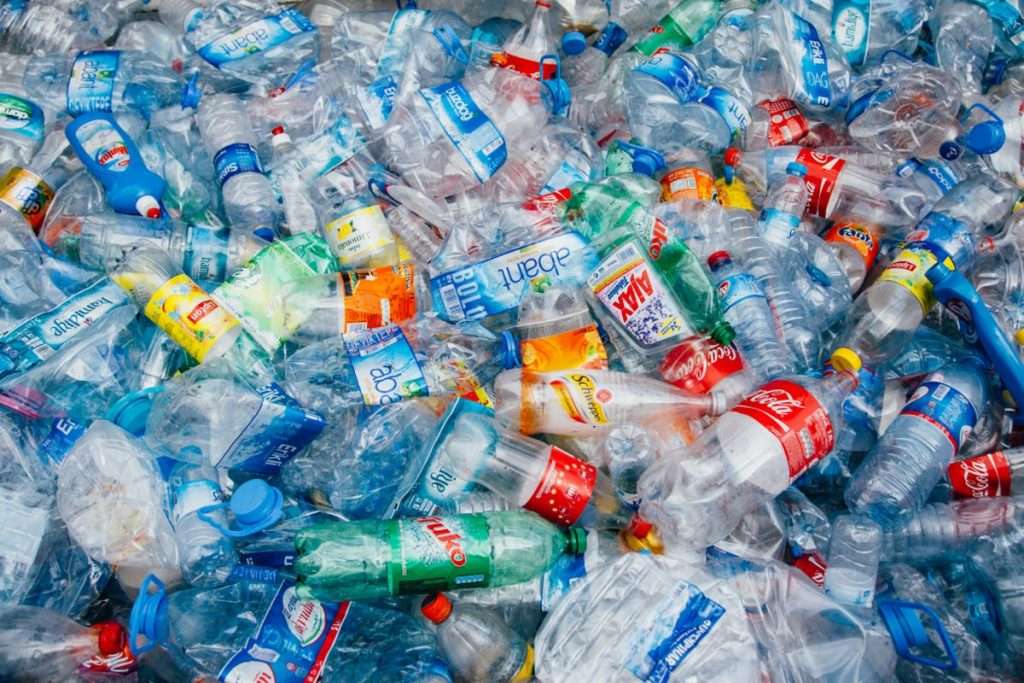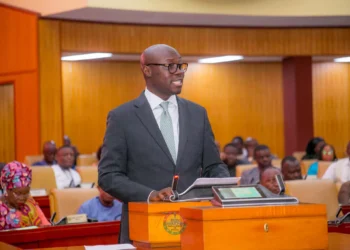The Ministry of Environment, Science, Technology, and Innovation (MESTI) has secured US$7m funding from the Global Environment Facility (GEF) toward the establishment of a circular economy framework for the plastic sector.
The ministry after visiting various value chain actors saw the need to strengthen the country’s capacity to transition the plastic sector.
According to MESTI, this initiative to a large extent will ensure that the country moves from the current linear way of production to a more sustainable way. With the circular economy framework, production and consumption will involve reusing, repairing, refurbishing and recycling existing materials and products for as long as possible, MESTI disclosed.
Mr. Oliver Boachie, the special advisor to Ghana’s Minister Of MESTI communicated that, the objective of the project is to strengthen the national capacity of Ghana to transition to a circular economy within a framework that addresses plastic leakage into the country’s oceans and waterways and facilitates sustainable plastics management through operationalizing the National Plastic Management Policy (NPMP) and National Plastic Action Partnership (NPAP/GPAP)

Mr. Boachie further indicated that, the ultimate goal is to bring an end to marine plastic pollution and reduce the unintentional emissions of Persistent Organic Pollutants (POPs).
Mrs. Lydia Essuah, the Director of Policy, Planning Monitoring and Evaluation (PPME) at MESTI, spoke on the Ministry’s partnership with UNIDO, an Implementing agency.
“We have been working closely with UNIDO (Implementing agency) and they have helped us to secure some funding from the GEF. The funding we are talking about is the US$7milliion that we have received. The US$7million is for the establishment of a circular economy framework for the plastic sector in the country.”
Mrs. Lydia Essuah
Circular Economy Framework Is A Perfect Initiative To Manage Plastics
According to Mr. Constant Gladzah, Ag. Chief Director of MESTI, the circular economy framework presents a model that has the potential to expand the economy and safeguard the future of the unborn generations.
“Applying the principles and practices of circularity throughout the full lifecycle of the plastics value chain represents the safest way to manage plastics.
“From its design and production, through its consumption and disposal, and to its processing into secondary material for circular production.”
Mr. Constant Gladzah

Not limited to that, he further disclosed that, the implementation of the project will bring together a wide range of government actors, academia and private sector actors from across the country, to work in applying technology to address plastic pollution, waste management and efficient resource utilization.
Mr. Gladzah commented on the project’s support to SMEs within the value chain.
“The project will provide support to small-and medium-size enterprises operating within the plastics value chain. The support is expected to build their capacity and scale-up their operations, in order to strategically position them to attract investment and technical know-how that will make their businesses profitable.”
Mr. Constant Gladzah
The project will be executed over a five-year duration.
Read Also : Horticulture Industry Calls For An End To The Ongoing Licensure Stand-off





















